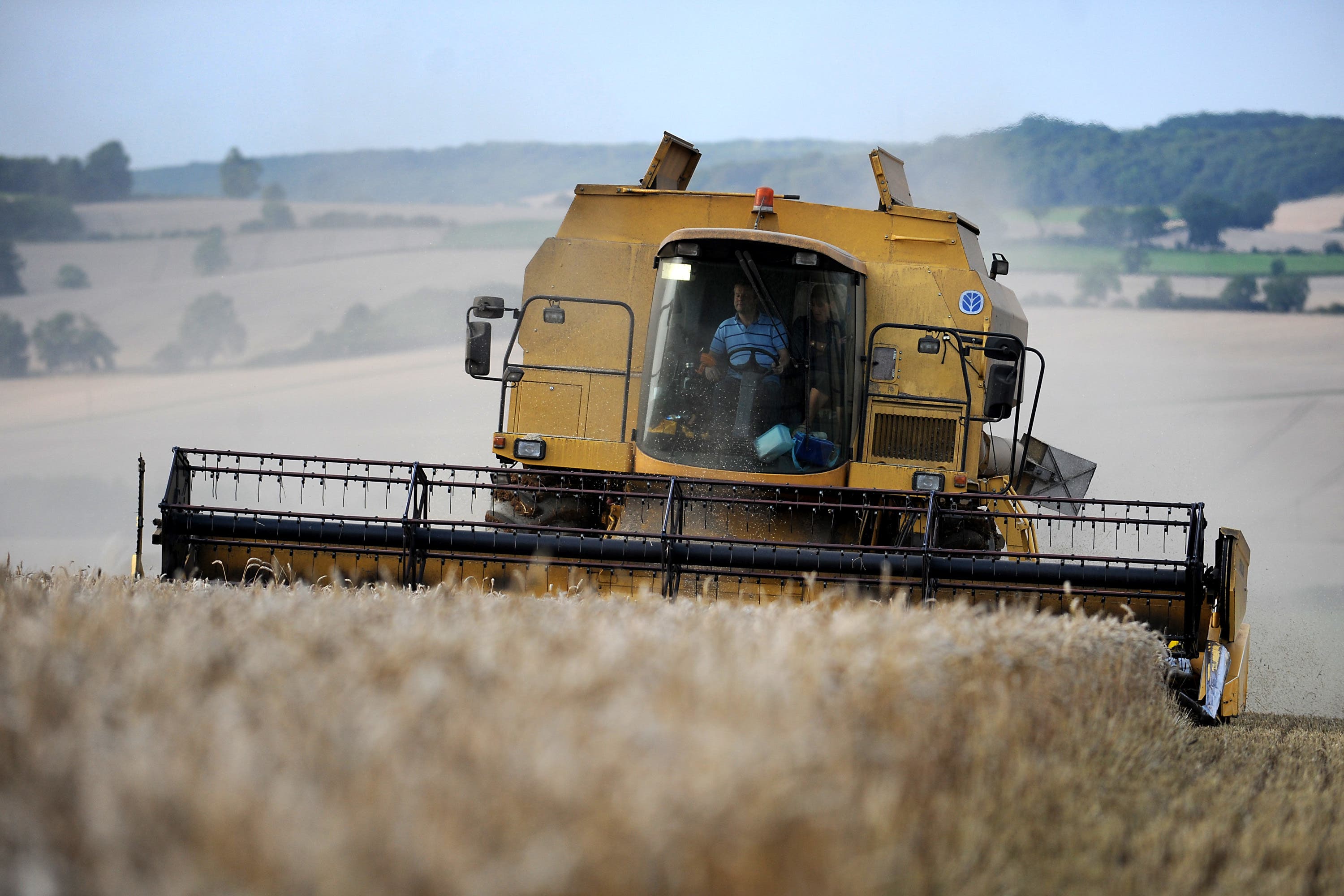Budget cuts undermine UK’s global influence on agriculture, report finds
There is a ‘significant risk’ that Britain’s reputation as a development ally on agriculture will ‘degrade rapidly’, the ICAI said.

Budget cuts have undermined the UK’s international influence on agriculture and the Government must focus more on climate change in its support for the sector, a review by the foreign aid watchdog has found.
There is a “significant risk” that Britain’s reputation as a development ally in areas including food security will “degrade rapidly” in the near future unless changes are made, the Independent Commission for Aid Impact (ICAI) suggested.
In a report published on Wednesday, the watchdog found “many positive examples” of UK aid to agriculture but said spending reductions as well as a lack of clear vision across Government departments would hamper the effectiveness of key programmes.
It made five recommendations, including urging the Government to act to “secure the UK’s influence and thought leadership” on global food production and to ensure a focus on “climate change and nature” is central to its approach.
Budget reductions have also undermined the performance of some climate-focused programmes aimed at helping countries like Malawi, where most livelihoods rely on rain-fed agriculture that is vulnerable to environmental changes, the report found.
While our review found many examples of good practice, there is more to be done to improve coherence of the overall aid package and ensure climate change and nature are at the heart of the UK’s support to the agriculture sector
Cuts to official development assistance (ODA) have removed or downscaled several elements of these schemes, which include key projects like watershed rehabilitation and crop diversification, it found.
“Despite ODA reductions, the UK has retained some capacity to influence partner governments, donors and multilateral institutions,” ICAI said.
“Although it has lost a significant number of expert agricultural advisers, the UK continues to be viewed as a technically competent development ally.
“However, with funding reduced, the UK has been drawing on this reputation, and there is a significant risk that its influence will degrade rapidly in the near future.”
ICAI chief commissioner Dr Tamsyn Barton, who led the review, said: “Developing countries are on the front line of the climate crisis so it’s vital that our aid programmes acknowledge this.
“Support for agriculture can empower local communities, generate wealth locally, improve global food security and ensure that people are getting the nutrition they need.
The ICAI’s report shows the UK Government aid approach in agriculture is not only failing to tackle climate change, but is actively contributing to its causes
“While our review found many examples of good practice, there is more to be done to improve coherence of the overall aid package and ensure climate change and nature are at the heart of the UK’s support to the agriculture sector.”
Cafod, the official aid agency for the Catholic Church of England and Wales, accused the Government of “pumping money into large-scale agribusiness” instead of focusing on help for smallholder farmers and local economies.
Graham Gordon, Cafod’s head of public policy said: “The ICAI’s report shows the UK Government aid approach in agriculture is not only failing to tackle climate change, but is actively contributing to its causes.
“The tragedy is that we know what works but this isn’t influencing aid spending on agriculture.
“Instead of supporting smallholder farmers and strengthening local economies, the proven approach for tackling both poverty and climate change in agriculture, the Government is now pumping money into large scale agribusiness which means increased usage of fossil fuel fertilisers.
“It is clear we need an urgent review of the Government’s approach to international agriculture.
“It cannot be right that taxpayer money is being used by the British International Investment (BII) without transparency, on harmful practices that contribute to climate change and do little to tackle hunger or poverty.”
Subscribe to Independent Premium to bookmark this article
Want to bookmark your favourite articles and stories to read or reference later? Start your Independent Premium subscription today.
